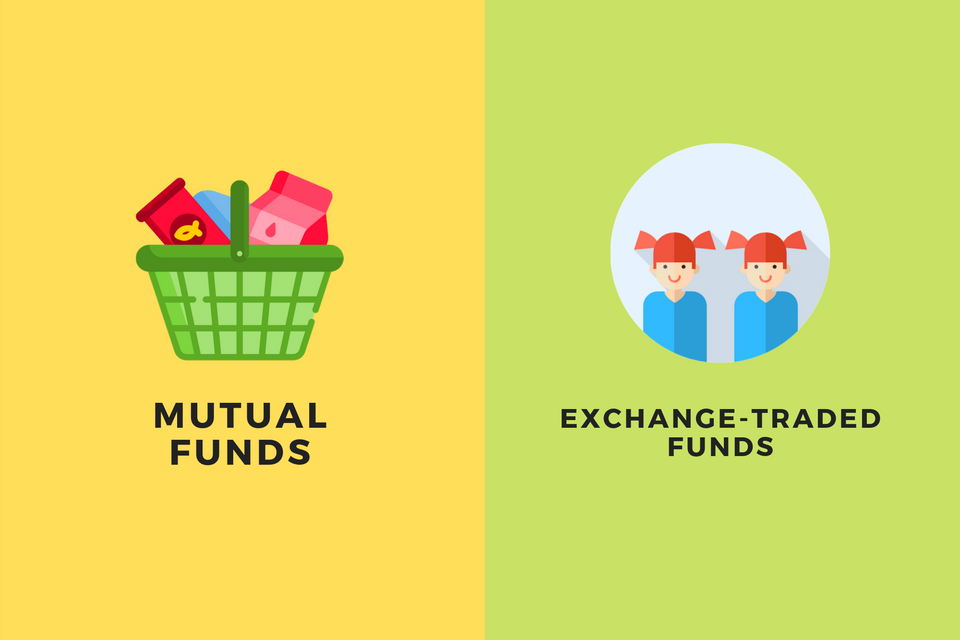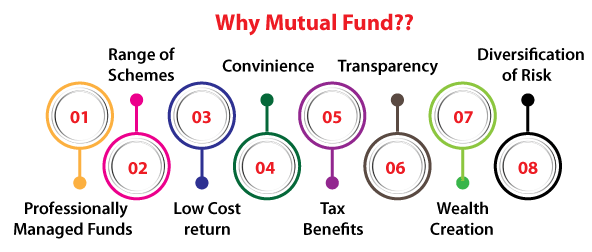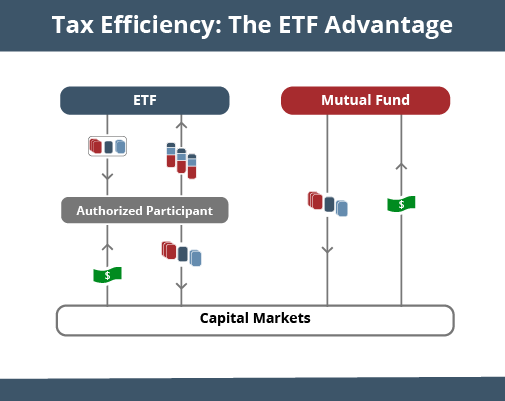ETF vs. Mutual Funds: Which Is the Better Investment Option?

Investing in financial markets has become increasingly popular as individuals seek to grow their wealth and secure their financial future. With numerous investment options available, it can be overwhelming for investors to choose where to allocate their hard-earned money. Two common investment vehicles often compared and debated upon by investors are exchange-traded funds (ETFs) and mutual funds.
Understanding ETFs
Exchange-traded funds (ETFs) have gained significant traction in recent years due to their unique structure and benefits. An ETF is a type of investment fund and exchange-listed security designed to track the performance of a specific index, commodity, or sector. It offers investors the opportunity to gain exposure to a diversified portfolio of assets without directly owning them.
One key advantage of investing in ETFs is their liquidity. Unlike mutual funds, which can only be bought or sold at the end-of-day net asset value (NAV), ETFs trade on stock exchanges throughout the trading day at market prices. This allows investors greater flexibility in managing their investment positions.
Furthermore, the expense ratios of ETFs tend to be less than those of mutual funds. The passive management approach commonly employed by many ETF providers reduces costs associated with active portfolio management typically seen in actively managed mutual funds.
Unraveling Mutual Funds

Mutual funds have long been a favored choice for retail investors seeking professional management expertise while diversifying risk across various asset classes. A mutual fund pools money from multiple investors and invests it into stocks, bonds, or other securities based on its stated objectives.
Unlike ETFs traded on stock exchanges like individual equities, buying or selling shares in a mutual fund occurs at its net asset value (NAV). NAV is calculated at the end of each trading day based on the total value of underlying securities held by the fund divided by its outstanding shares.
Mutual funds offer active management strategies wherein professional fund managers make investment decisions based on their expertise and research. This approach aims to outperform the market and generate higher returns for investors.
Evaluating the Differences
When deciding between ETFs and mutual funds, several factors should be considered. These include costs, liquidity, tax efficiency, investment objectives, and preferences.
Cost Comparisons
As mentioned earlier, ETFs generally have lower expense ratios compared to mutual funds due to their passive management style. The reduced costs can have a substantial impact on long-term returns for investors as expenses directly affect net returns.
However, it is important to note that not all mutual funds carry high expense ratios. Certain low-cost index funds mimic the performance of broad market indices similarly to ETFs but without intraday tradability.
Liquidity Considerations
ETFs offer intraday tradability on stock exchanges throughout regular trading hours. Investors can buy or sell shares at prevailing market prices anytime during trading sessions. On the other hand, mutual fund transactions occur once per day after markets close when NAV is calculated.
For short-term traders or those who value flexibility in managing their investments throughout the trading day, ETFs may provide a more suitable option due to their real-time pricing availability.
Tax Efficiency Analysis

Tax implications often play a crucial role in investment decision-making. Mutual funds may incur capital gains taxes triggered by portfolio rebalancing or investor redemptions within the fund itself. Such taxable events could potentially erode overall returns for shareholders.
ETFs tend to exhibit greater tax efficiency owing to their unique creation/redemption mechanism known as "in-kind" transfers with authorized participants (AP). This process allows APs to exchange securities with underlying holdings instead of cash when creating or redeeming shares of the ETF. As a result, capital gains distributions within ETFs can be minimized or deferred entirely depending on individual circumstances.
Investment Objectives & Preferences
Ultimately, selecting between ETFs and mutual funds depends heavily on individual investment goals, risk tolerance, and preferences. ETFs offer a wide range of options covering various asset classes, sectors, and strategies. They provide investors with the ability to tailor their portfolios to specific investment objectives.
Mutual funds may be more suitable for investors seeking active management expertise or those who prefer one-stop diversified solutions without the need for constant monitoring or trading throughout the day.
Conclusion
Choosing between ETFs and mutual funds requires careful consideration of various factors such as costs, liquidity, tax efficiency, and personal investment objectives. Both investment vehicles have their own unique advantages and disadvantages.
ETFs generally offer lower expense ratios, intraday tradability on stock exchanges, and potential tax efficiency benefits. On the other hand, mutual funds provide access to professional fund managers' expertise in active portfolio management while simplifying diversification across multiple assets.
Ultimately, it is crucial for investors to conduct thorough research and consult with financial advisors before making any investment decisions. Each investor's situation is unique; therefore understanding personal goals along with evaluating available options will help determine which vehicle aligns best with individual needs.
Related Blogs...



